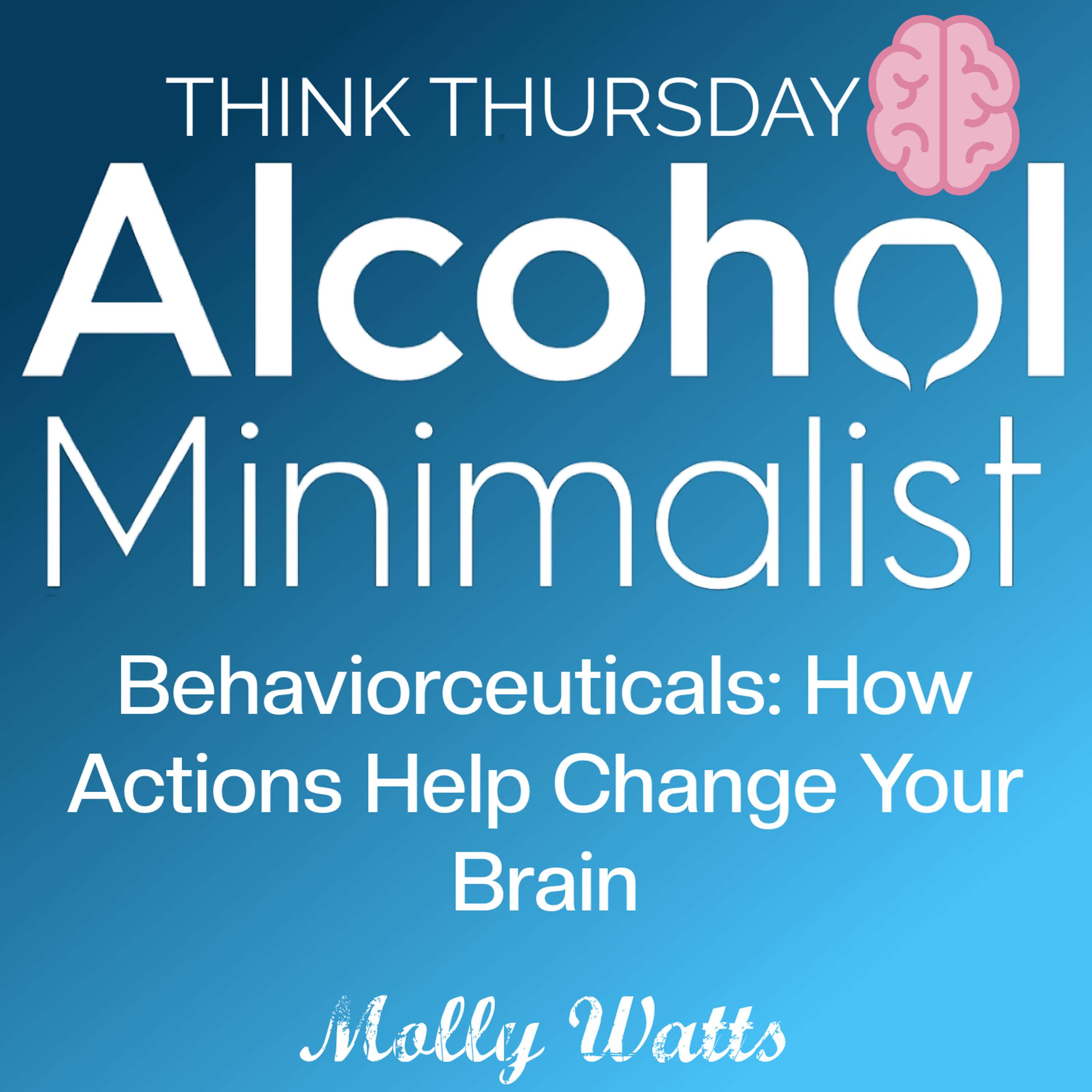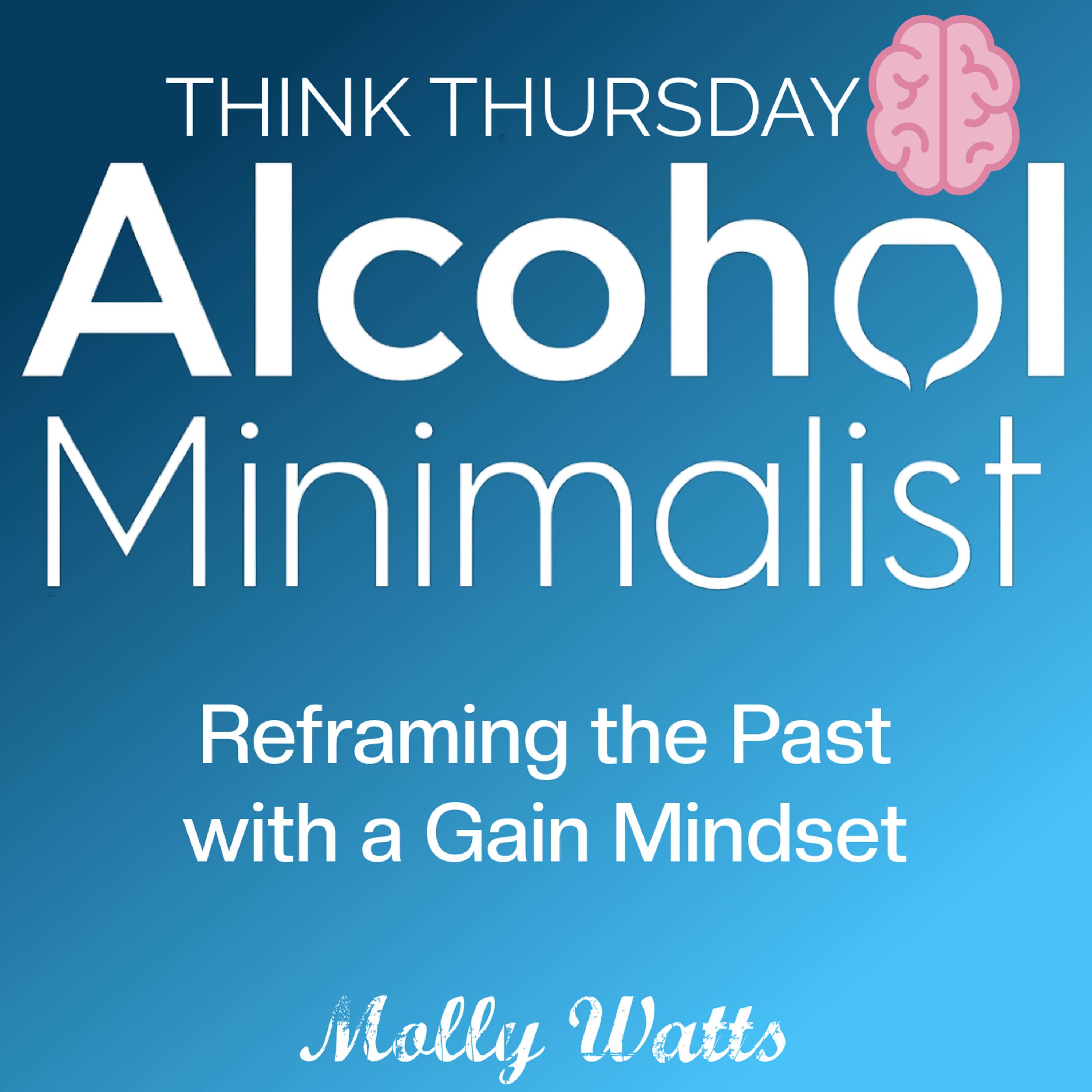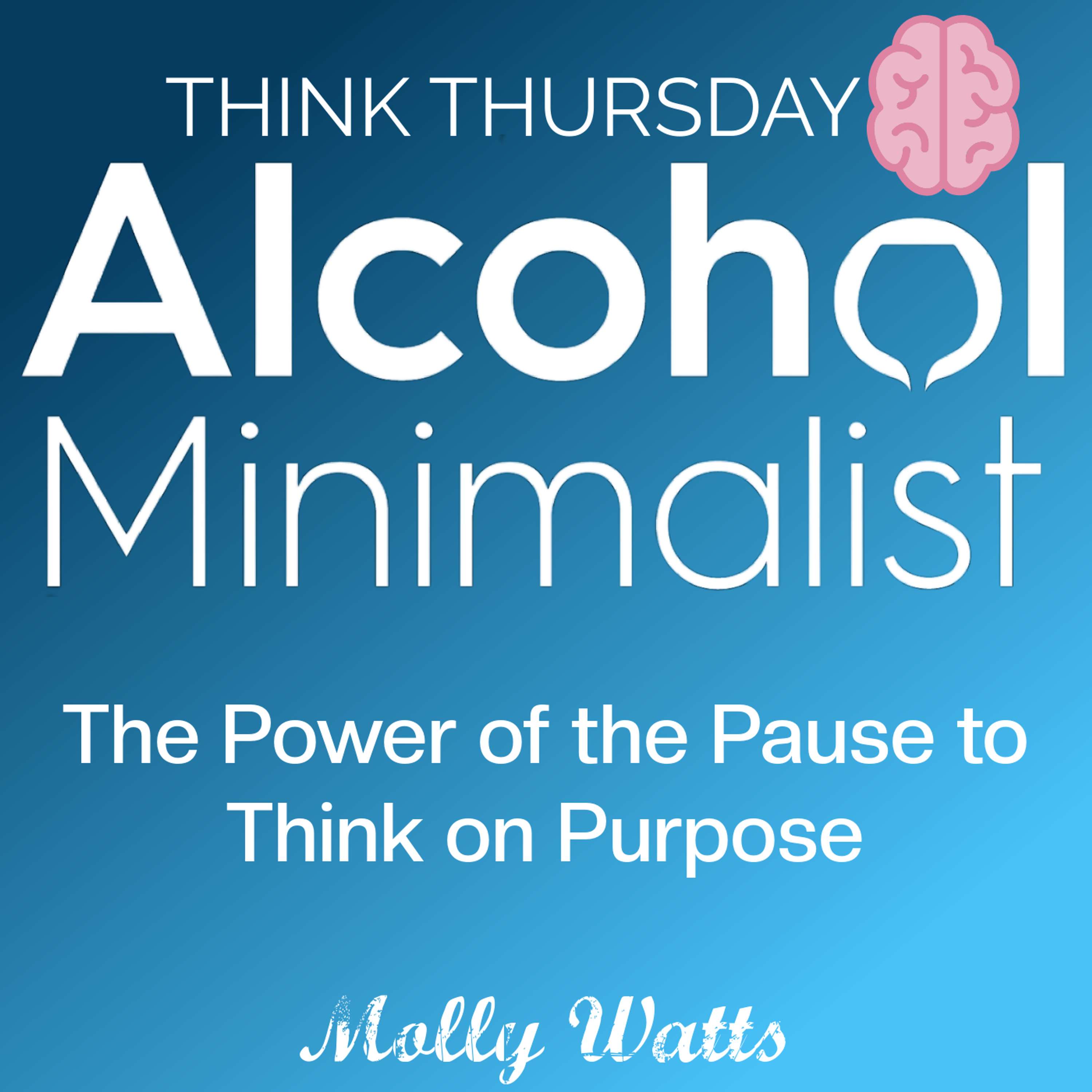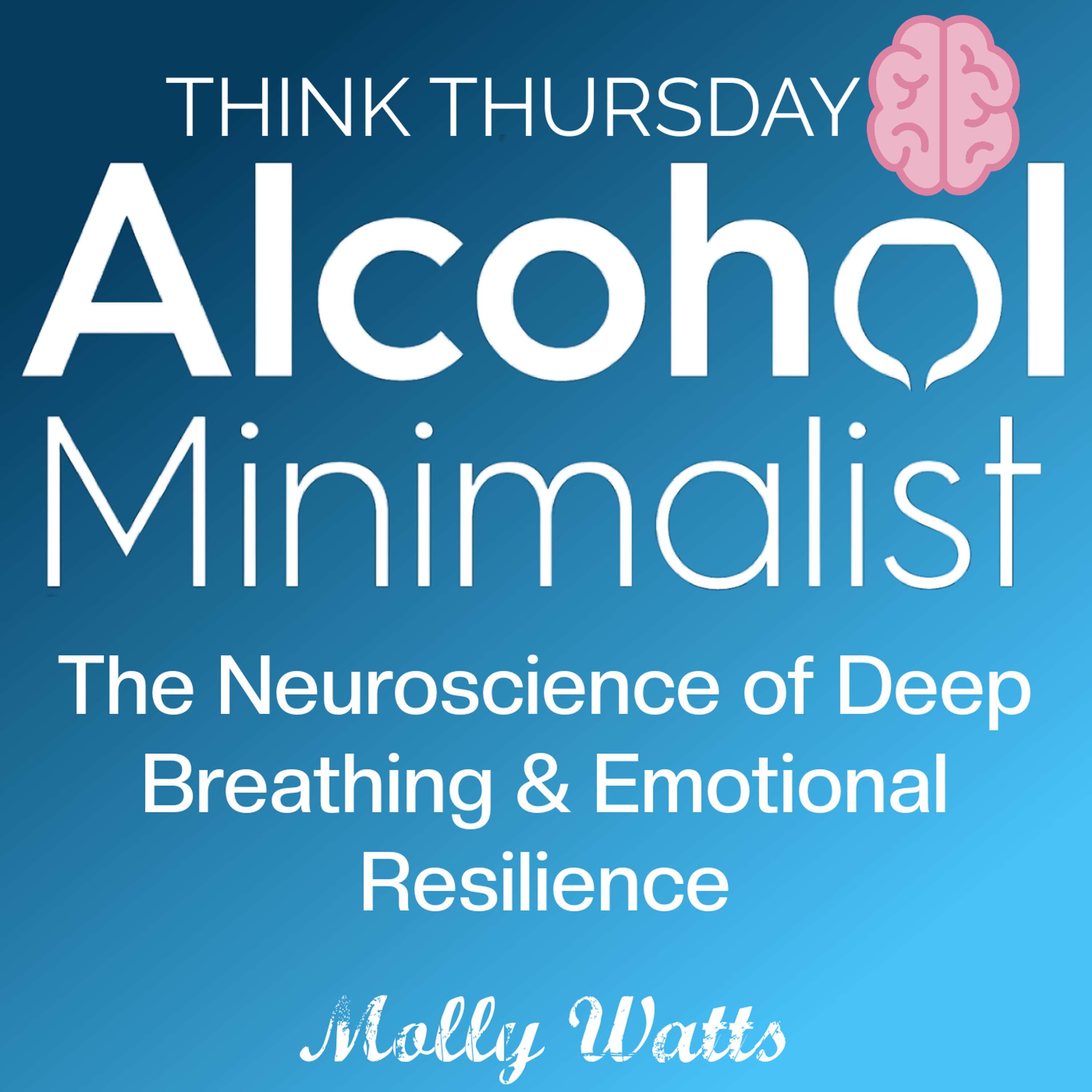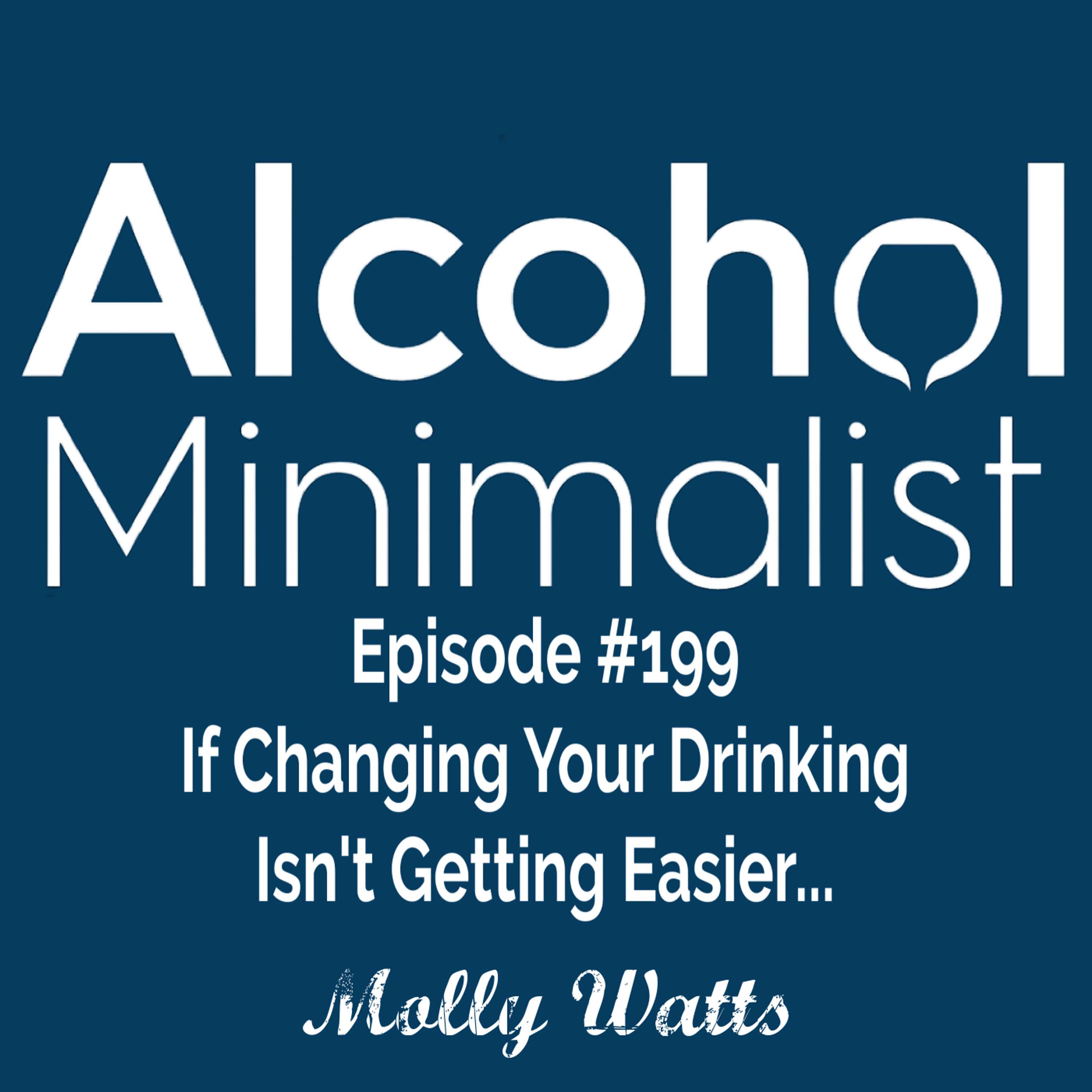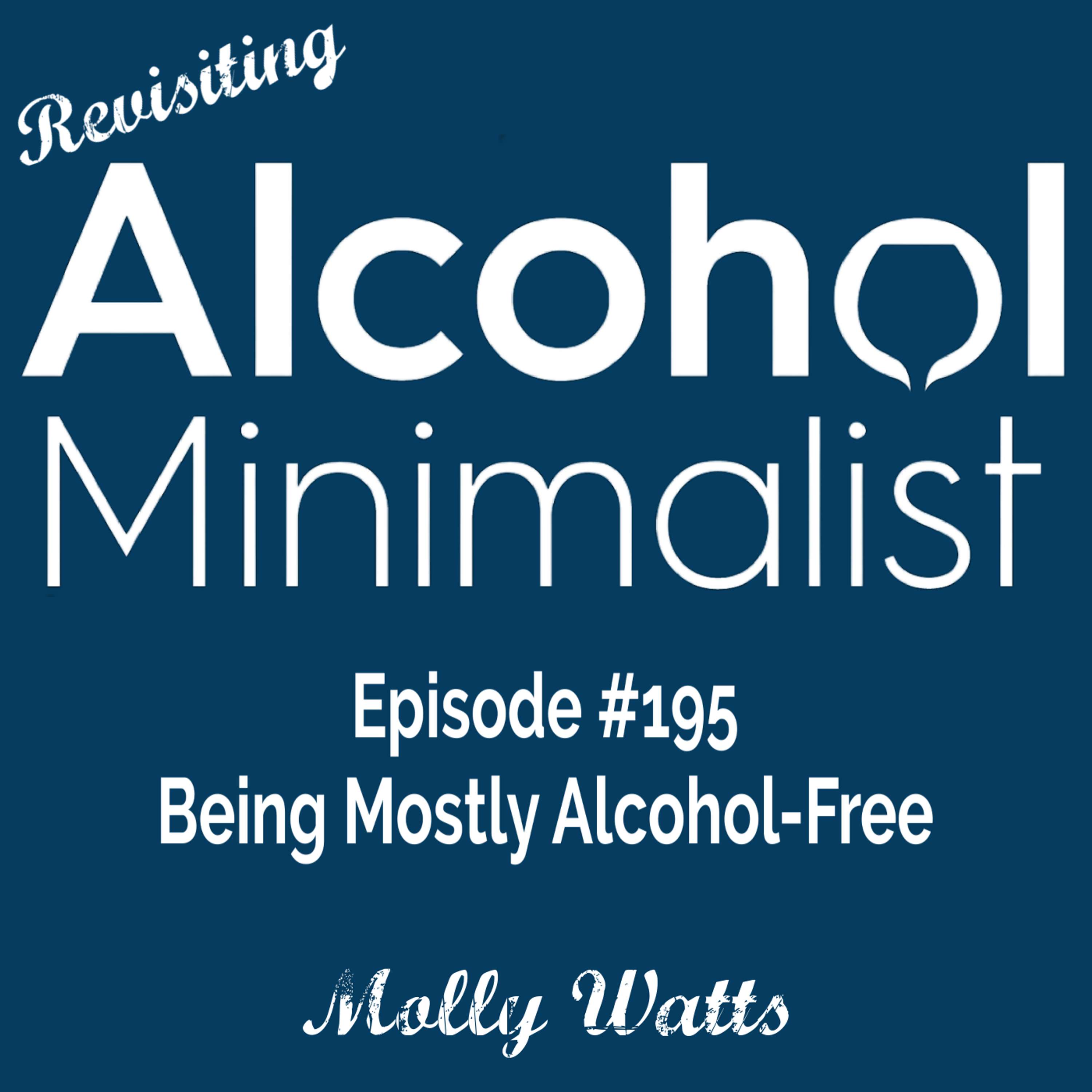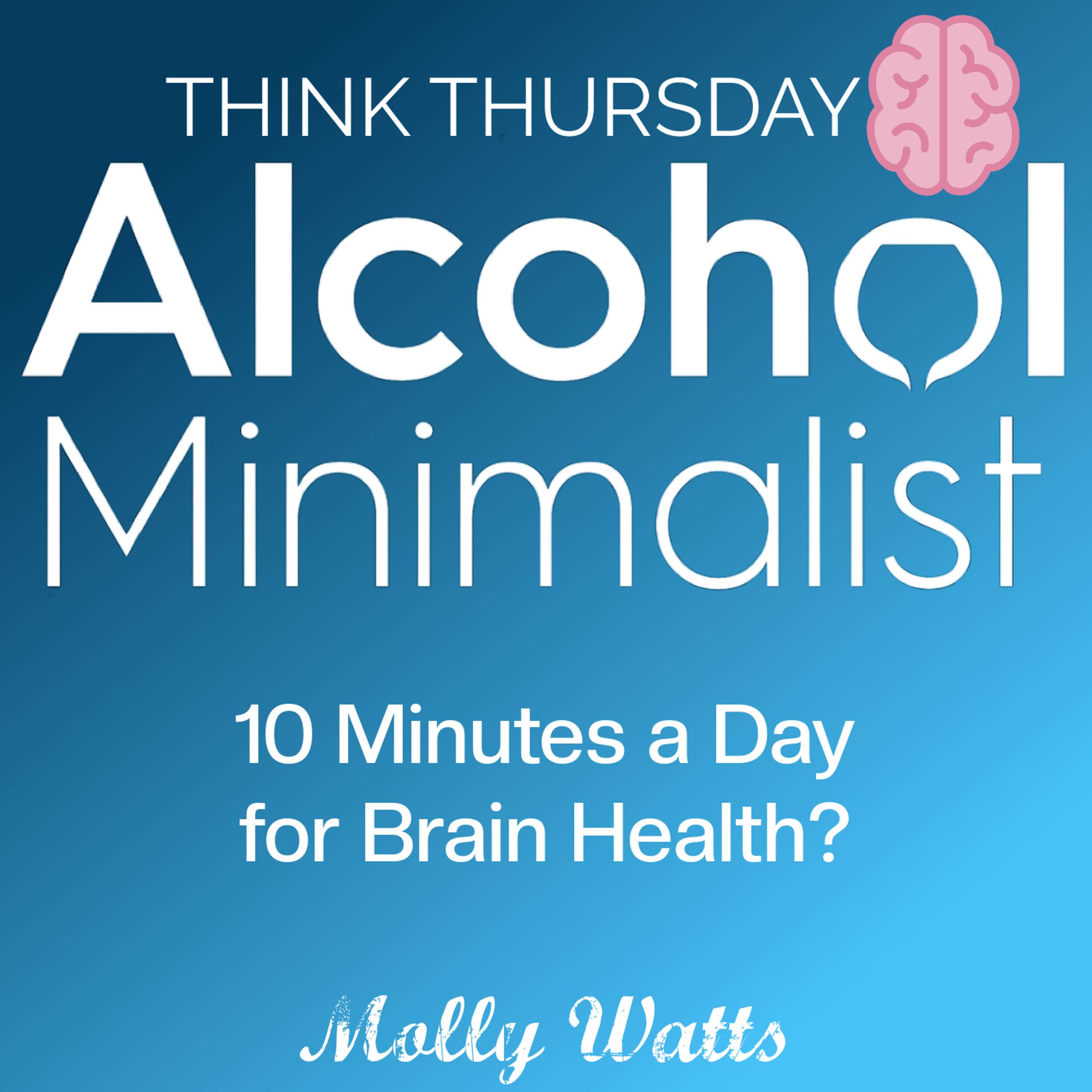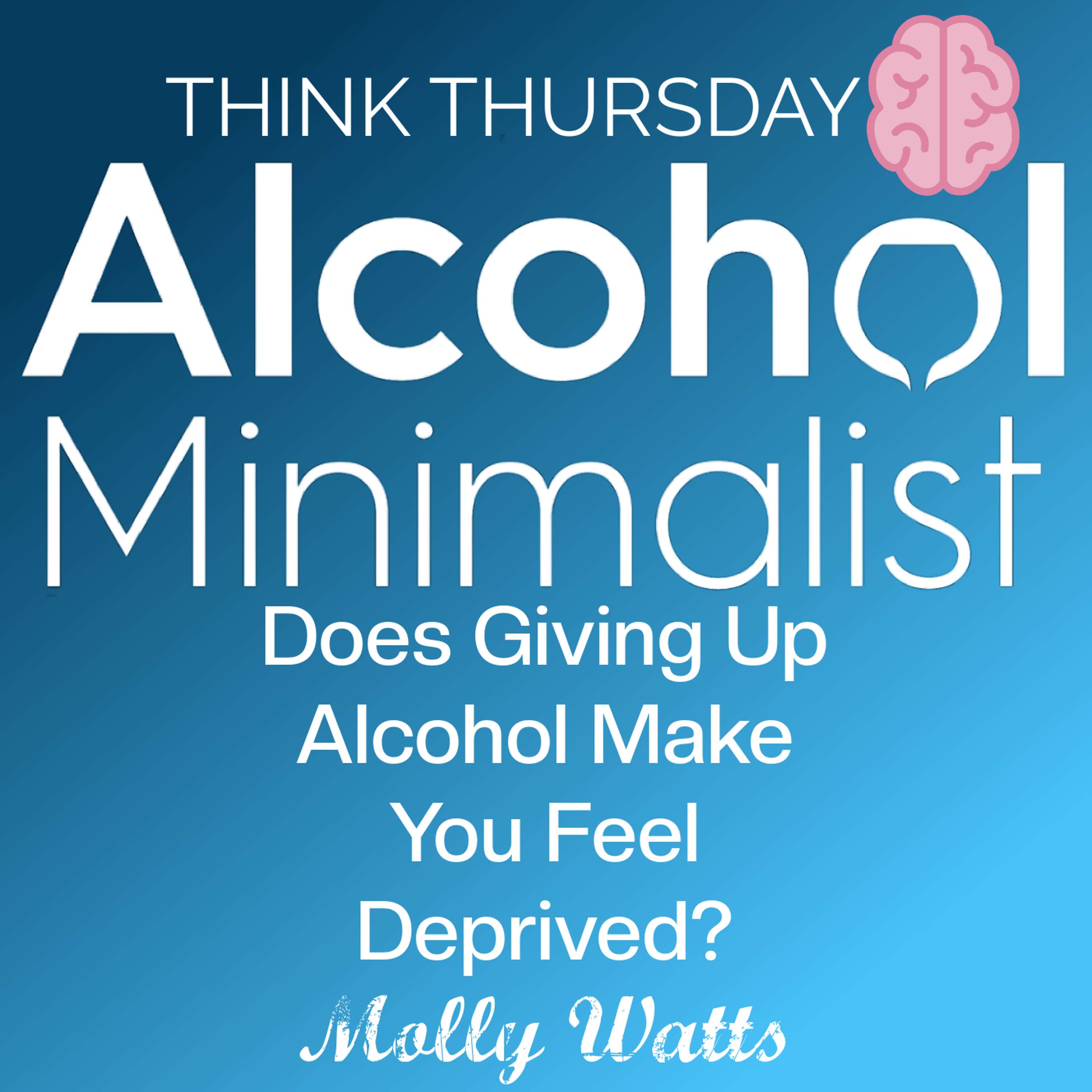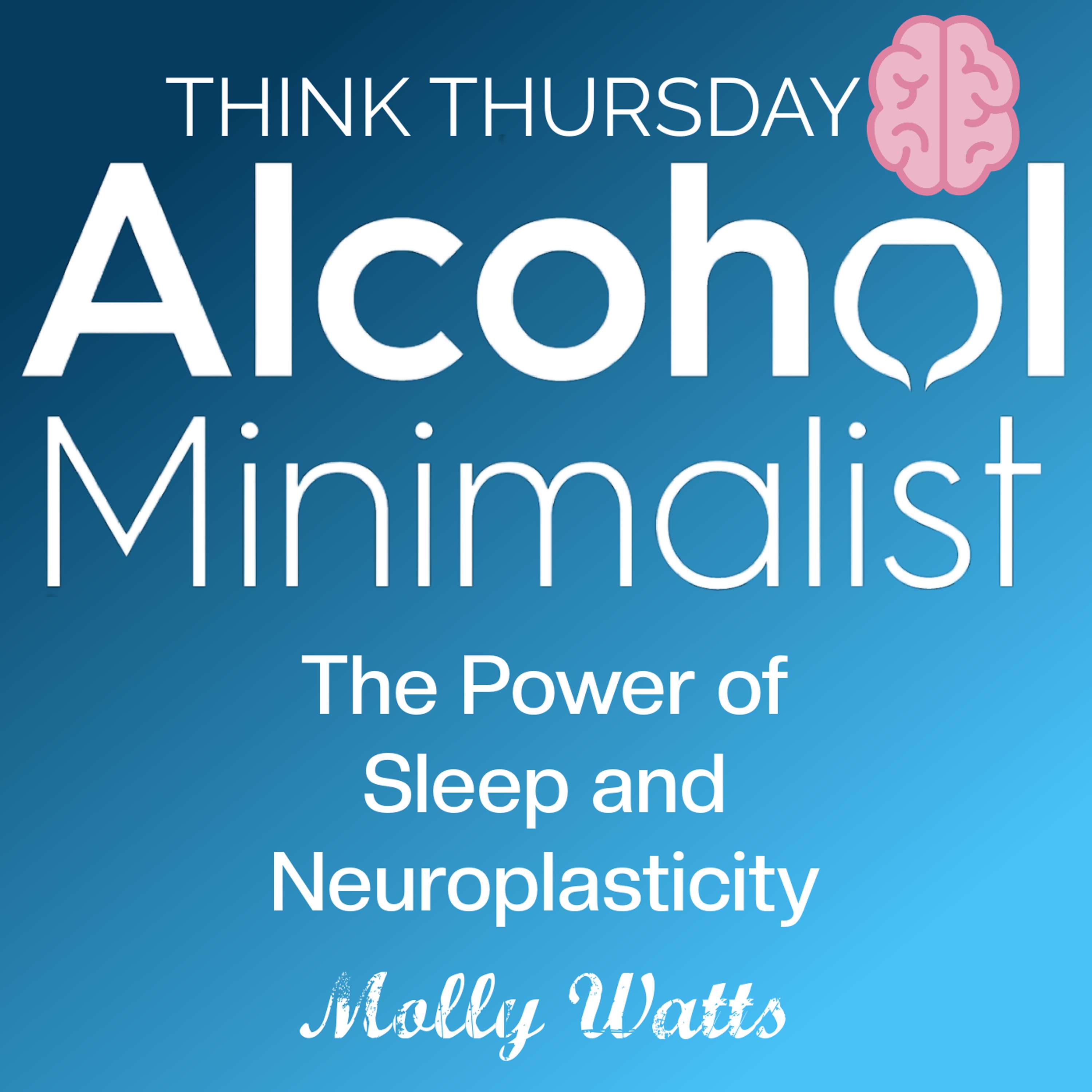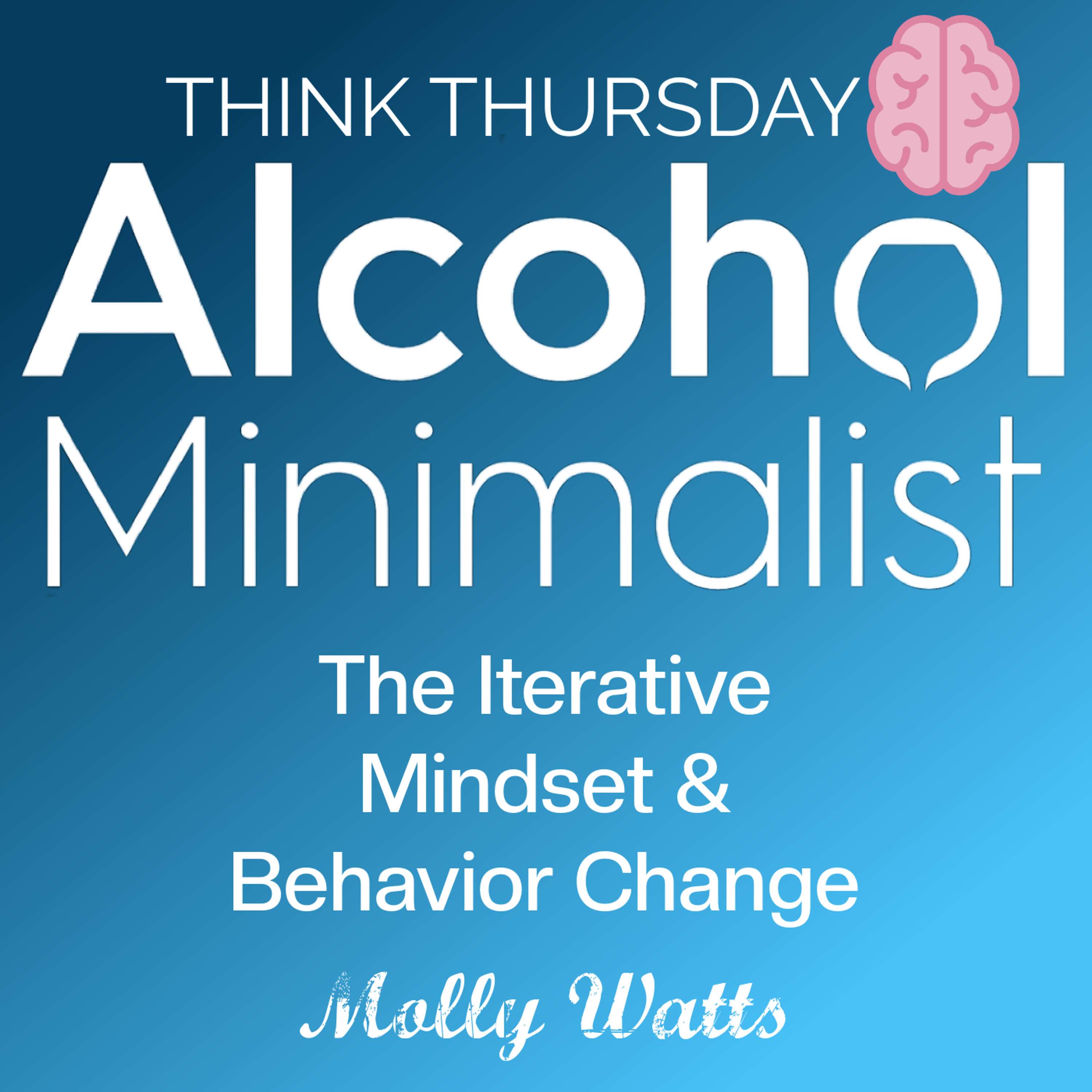Molly Watts discusses the importance of understanding and improving one's relationship with alcohol through the lens of neuroscience and self-improvement. She emphasizes that self-improvement is a privilege, enabled by the human prefrontal cortex, which allows for planning, reflection, and goal-setting. Watts argues that self-improvement should not be seen as a burden but as a unique human ability. She provides strategies for embracing change, such as recognizing one's power, celebrating small wins, reframing failure as feedback, and viewing long-term planning as a superpower. Watts encourages listeners to leverage their prefrontal cortex to create a more fulfilling life, including potentially reducing alcohol consumption.
Action Items
- [ ] Share the new perspective on self-improvement with a friend.
- [ ] Leave a review for the podcast.
- [ ] Check out the "Making Peace with Alcohol" and "Drink Less Success" programs if ready to use one's "human superpowers" to create a more peaceful relationship with alcohol.
- Molly Watts introduces the episode, emphasizing that it focuses on neuroscience, brain health, and mindset.
- She explains that the episodes aim to help listeners understand their brains and how they can make positive changes.
- Molly highlights that the show is not about recovery but about self-improvement and changing one's relationship with alcohol.
- She stresses that self-improvement should be seen as a privilege, not a burden.
The Role of the Prefrontal Cortex in Self-Improvement- Molly discusses the importance of the prefrontal cortex in planning, reflecting, and growing.
- She explains that the prefrontal cortex allows humans to set goals, delay gratification, and self-reflect.
- Molly emphasizes that the ability to self-improve is an evolutionary superpower.
- She outlines the historical context of human evolution and the development of the prefrontal cortex.
Evolution of the Human Brain and Self-Improvement- Molly describes how ancient humans' brains focused on basic survival, driven by the limbic system.
- She explains that as humans evolved, the prefrontal cortex allowed them to go beyond basic survival.
- The prefrontal cortex enables humans to imagine a future, create, and innovate.
- Molly highlights that self-improvement is a unique human ability that sets us apart from other species.
Reframing Self-Improvement as a Privilege- Molly encourages listeners to see self-improvement as a privilege rather than a burden.
- She points out that most animals are locked into behaviors by instinct, but humans can rewire their brains.
- Molly emphasizes that self-improvement is about conscious growth and evolution, not fixing something broken.
- She suggests strategies for shifting the mindset, such as recognizing one's power, celebrating progress, reframing failure, and embracing long-term planning.
Applying Self-Improvement to Alcohol Consumption- Molly explains how the prefrontal cortex can help break habit loops related to alcohol consumption.
- She discusses the importance of planning and reflecting on behavior to make positive changes.
- Molly emphasizes that the prefrontal cortex allows humans to set future goals and align actions with long-term objectives.
- She encourages listeners to see self-improvement as a privilege and to use their prefrontal cortex to shape their future.
Conclusion and Call to Action- Molly wraps up the episode by reiterating that self-improvement is a privilege, not a burden.
- She encourages listeners to use their prefrontal cortex to create a more peaceful relationship with alcohol.
- Molly invites listeners to share the episode with friends, leave a review, and join her community for support.
- She reminds listeners that they are exercising a powerful human capacity by making positive changes in their lives.
★ Support this podcast ★


